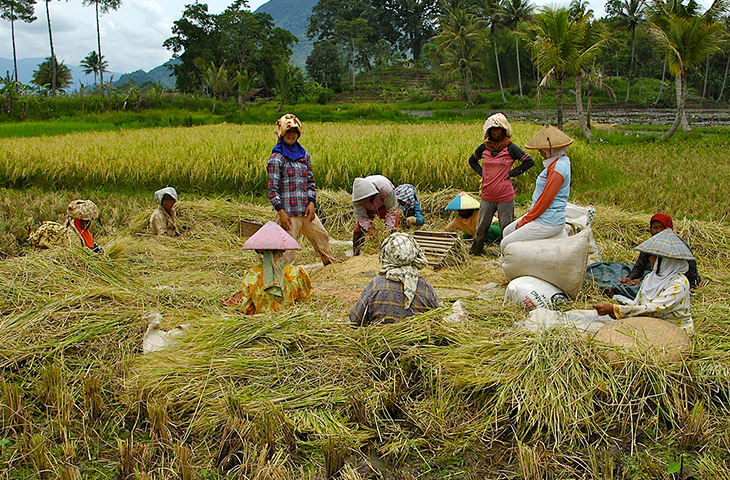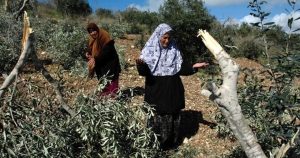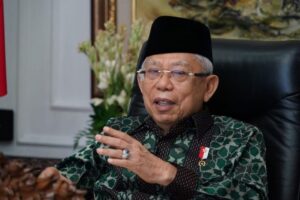Jakarta, MINA – Vice President Ma’ruf Amin said, even in the midst of pressure caused by the Covid-19 pandemic, the agricultural sector is able to exist as the backbone of the national economy.
According to data from the Central Statistics Agency (BPS), throughout 2020 the agricultural sector was able to grow 1.75 percent.
“The growth occurs when many (other) sectors actually contract,” said Vice President Ma’ruf at the 2021 Agriculture Sector Award Ceremony held at the Vice President’s Palace, Jakarta on Monday.
He continued the challenges faced by the agricultural sector are not easy. Even since the beginning of the pandemic, the Food and Agriculture Organization (FAO) has warned that the pandemic has the potential to cause a global food crisis.
Also Read: Saudi Arabia Wins Bid to Host World Expo 2030
“Regarding the fulfillment of the food needs of the Indonesian people, thank God, the government can still guarantee the availability of eleven main commodities for the 273 million people of Indonesia,” he said.
He emphasized that the national rice production in the last two years was very promising. Until the third week of August 2021, rice stocks reached 7.60 million tons.
Referring to the BPS report, total agricultural exports for the January-July 2021 period reached US$ 2.24 billion, an increase of 8.72 percent compared to the same period in the previous year.
“Based on the results of the National Labor Force Survey (Sakernas) in February 2021, the jobs that absorb the most labor are the agriculture, forestry and fishery sectors (namely) at 29.59 percent,” he explained.
Also Read: 148 Products from Indonesia Promoted at Sarawat Superstore Jeddah
He added employment in the agriculture, forestry and fishery sectors increased by 0.36 percent compared to absorption in February 2020 (29.23 percent).
However, it is unfortunate that the livelihoods of the farmers, especially for food crops, such as rice, are still far from sufficient.
“Based on BPS data in 2020 according to the main source of income, the number of households classified as poor in Indonesia mostly comes from the agricultural sector, which is 46.30 percent.
Thus, improving the welfare of farmers is still the government’s homework that must be completed,” he explained. (T/RE1)
Also Read: Packaging Industry Supports Halal Ecosystem
Mi’raj News Agency (MINA)


































 Mina Indonesia
Mina Indonesia Mina Arabic
Mina Arabic